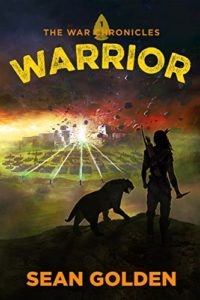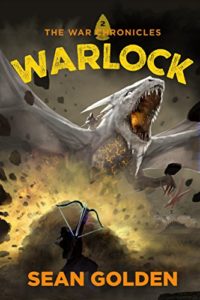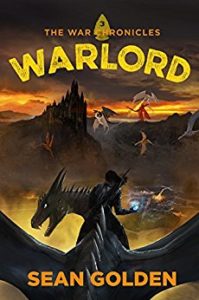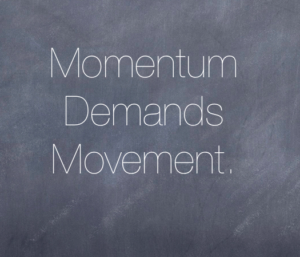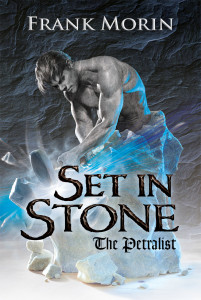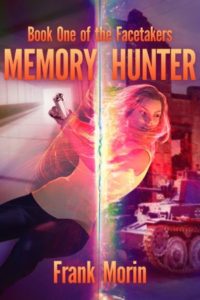Today we’re kicking off the Fictorians interview process again. It’s been a few months since we’ve highlighted one of our own to help you all get to know us better. Today I interviewed Sean Golden.
Frank: When did you join the Fictorians?
Sean: I’m not 100% sure. It was last summer, I believe. My first posting as a full Fictorian was on August 10, 2016: Fish Magic
Frank: Where do you find inspiration? (surroundings, music, family, other. . .)
Sean: Lots of places. Part of it is just that I have always believed that I was a born writer. I love words. I love stories. I grew up reading everything I could get my hands on, from Jack London to Homer, with wide swings into almost every genre imaginable. I always wanted to add my voice to the human story experience.
Frank: How is your writing going right now? What projects are you most excited about?
Sean: I am well into my fourth novel. I tend to be very focused on my current WIP, so that’s what I’m excited about. I am still excited about the success of my first epic fantasy trilogy, and I hope that I can at least duplicate that with my next book.
Frank: What’s the greatest challenge you face these days in getting things done?
Sean: Since moving into our new house, we’ve been insanely busy with getting the house finished and making it a home. I still have a lot to do with that, but we’ve finally gotten to the point that I can write a few nights a week anyway.
Frank: What’s the most valuable lesson you’ve learned about productivity that you can share with readers?
Sean: There’s no secret, really. Apply butt to chair and fingers to keyboard. If you get stuck, write something else. I work from an outline so I can jump ahead or behind to write different scenes if I am stuck on a current scene. I believe that success breeds success, so if you are stuck, just try to do little things, and those little things will add up to be big things. And once your confidence is back, you can tackle anything.
Frank: Do you have a favorite story you’ve written, or that you’re currently working on?
Sean: Not really. I have certain scenes that I’ve written, where I feel like I managed to create exactly the user experience I was trying to. Those are not as common as I would like, but it’s getting more common as I learn to be a better writer.
Frank: What hobbies do you enjoy?
Sean: Too many. It might be easier to say what hobbies I don’t enjoy, but so far I’ve never encountered one. I am the sort of person who dives fully into anything I do, so when I do find a hobby, it can be a huge time sink as I immerse myself in the activity. Having said that, the hobbies I tend to focus on the most would be fishing, playing guitar, star-gazing, gaming, sculpting, and building stuff with power tools.
Frank: So there’s a lot of debate about music when writing. Where do you fall on the spectrum? Music or silence? Instrumental only, or lyrics? Soft or rattling the windows?
Sean: Like most things, I don’t really have a preference. Sometimes I like to listen to music, sometimes I find music distracting. Sometimes I like to have the TV on, sometimes that’s distracting. When I do listen to music, I tend to want the music to reflect the mood I’m trying to project in the scene. When I do watch TV, it’s usually either golf, baseball or some movie I’ve seen so many times I can quote the dialog without thinking.
Frank: What’s your favorite blog post you’ve written for the fictorians?
Sean: Again, I’m not much for favorites. My favorite would be the one that the most people liked. Based on the comments and feedback, that would probably be the one on Setting as Character.
Frank: Do you feel it’s harder or easier to embark on a writing career after having worked in other fields for so long, rather than starting out, maybe right in college?
Sean: I really can’t answer that since I didn’t pursue a writing career out of college, so I don’t have anything to compare to. My suspicion is that it is harder to start a life with a family and mortgage right out of college as a writer, than it was for me as a programmer. And at that time providing for my family was a higher priority than pursuing a writing career. Had I been single, perhaps the calculus would change. Either way, it definitely wasn’t easy for me to take the path I took to become a writer at the age of 55, but at least I had more reserves and options to lower the risk.
Check out Sean’s War Chronicles series.
And learn more about Sean and his projects, sign up for his newsletter, and check out his blog, all at https://seandgolden.wordpress.com/
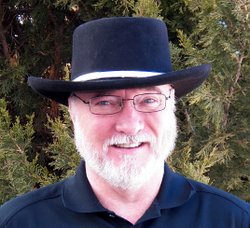
I’ve had a long and varied career outside of writing, starting as a construction worker putting glass in high-rise office buildings while I was working my way through college seeking a degree in physics. After graduation I ended up writing Macintosh programs and creating a Mac software product for a software company. Eventually I took over as Publisher of all of the software products before leaving to become a project manager of software development in a Fortune 500 company. That led to a 20 year career in corporate software development that ended in December of 2014 when I decided it was time to retire from the corporate rat race. During all of those years I wrote and published technical articles and stories for the local newspaper. But I never published my first novel until January 2015. Now I am writing full time and intend for this to be my last career. I have had stories half-written or outlined in my desk for decades, and now it is time to get them on paper and out to the public.I am happily married, and have been for almost 30 years now, and have raised two kids. My literary interests are varied, but I primarily read and write science fiction or epic fantasy.

